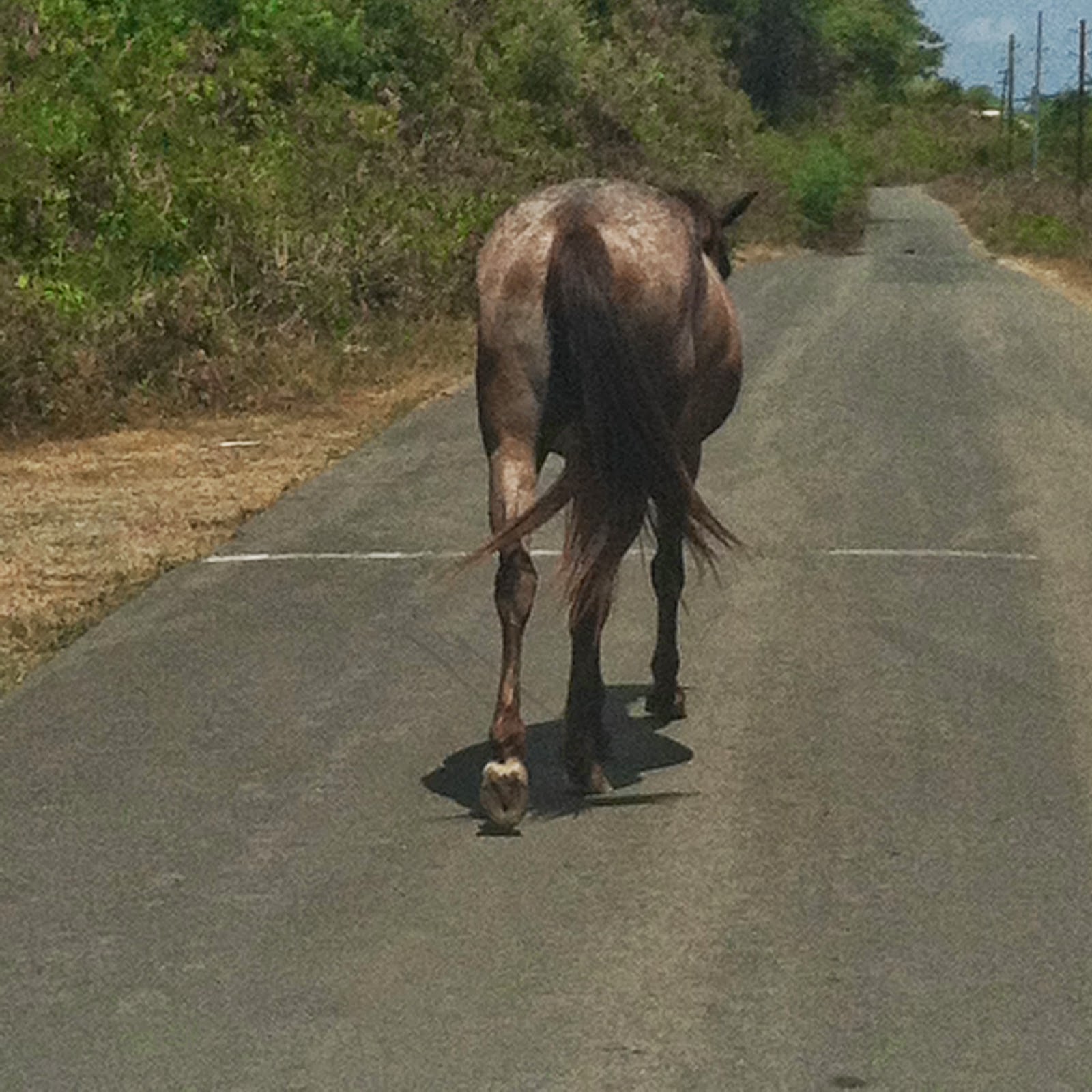This
year, we are staying home for Thanksgiving. The past few years, we
have traveled, and we will miss seeing family. But this is the first
year that child #3 is away at college, and she would have to drive
five hours home and then six hours farther and do it all over again a
few days later. It's too much.
Plus, there are things moms recognize
about that first year away. She would need “normal.”
She already feels she's missed so much. To miss The Great Christmas
Tree Cut Down, the decorating, the “home” feeling down in your
heart that says it's all still there and all OK—that would be too
much. Sometimes, you have to recognize that the intangibles are the
most real things in existence.
I
remember the feeling. My first Thanksgiving in college, I, too, came
home. But it was not the home I had known for eighteen Thanskgivings.
It was a home without the mother who always cooked the turkey dinner.
(Although really, I think dad did quite a lot of it. He was the
better cook. Just like in our family.) Without her sisters and their
busy families, because it was without the glue that had held those
extended family units together. Take out the mother, and you take out
a network.
So
I did what I suspect my daughter would do. I cooked dinner. Turkey,
stuffing, mashed potatoes, lemon merengue pie, pumpkin pie, cranberry
relish. I don't even like pumpkin pie. But the offerings hadn't
changed in eighteen years, and they must not now. I set all the good
dishes out. I did everything to maintain the illusion that this was
normal. This was dinner as always. Though the universe might turn
sideways, this would not alter.
I
had no idea what I was doing.
I
mean, literally, I had no idea how to cook. Mom hadn't taught me,
although I'd gained basic knowledge by watching. But as
mentioned, she was not the better cook of the duo that was my
parents.
Beyond that, though, I had no idea that illusions failed. We
hung on to the traditions, my dad and I, but we weren't fooling one
another. This was not the same, it never would be, and we had no idea
how to navigate it into something else. I can't say that we ever
really learned.
This
year is the first Thanksgiving with child #3 away at college, and
it's the last Thanksgiving with child #1 unmarried. Next year, she'll
have her own family with her own relationships and traditions to
navigate, and we'll have to learn a new dance. But—and here's the
big but—we will. (Yes, I did just say big but. I know you laughed.
You can't pretend.)
We
will. I've learned some things since the fall I was barely eighteen.
Particular
faces and specific dates alter with time and circumstances. Just like
I no longer feel compelled to bake pumpkin pie because, in fact, we
dislike it, some details no longer apply. As with the year we ate
Thanksgiving burgers at the Hard Rock Cafe in the alternate universe
called Orlando, or the Christmas dinner in Costa Rica involving
coconut, pineapple, and spaghetti, traditions sometimes bow to
present realities. And that's OK. (Because, hey, we remember those
two holiday dinners.)
 The
tangibles change. The intangibles remain the real things. That the
things we do together happen, in some form, matters. When they happen
or precisely how, not so much. That the feeling of home remains “it's
The
tangibles change. The intangibles remain the real things. That the
things we do together happen, in some form, matters. When they happen
or precisely how, not so much. That the feeling of home remains “it'sall still there, and it's all OK” matters. What the menu or makeup is, not really. That we recognize the fleetingness of “same” and express gratitude for the times we have matter. Whether there seems to be little or much to be grateful for does not.
Whether
you're sitting around a table with family Thursday or eating alone,
swapping adult kids between tribes with the dexterity of David
Copperfield or working all night to accommodate early (crazy)
shoppers, stop. Find your intangibles. What matters? What doesn't?
When all is stripped away, what remains real? That's what you have to
be grateful for.








.JPG)




